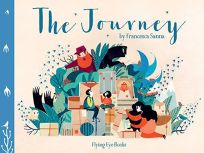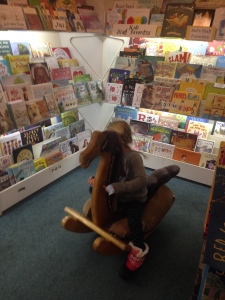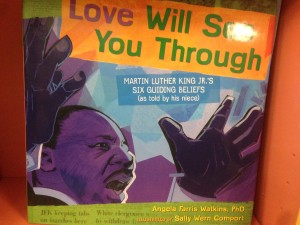I am writing this post in the waning hour of Inauguration Day, in anticipation of the Women’s March in the morning. I do not know what tomorrow will bring, but I have hope. My neighbor, the noted poet and beloved teacher Kim Stafford, wrote a slim and wise volume of poetry in honor of the times, and I was particularly moved by this poem.
Presidential Citizens
When four guards led Nelson Mandela
first into the prison yard in chains,
he set the pace, slow and steady, so
they stumbled until they matched the step
he had chosen for them all.
Now our playground bully
has become school principal
and we are the students of his reign.
Wise rhythms, clear testimony
must be our love of country
guiding from below.
I have so many hopes for the future, at least as many as my fears. This is my hope for myself today–that I will be presidential in my citizenship. That I will proceed from this day with dignity and fairness, and with steadfast resolve to guide from below and so help to shape the course of those who have set themselves so far above.
Having looked at the mission statement and unity principles of the Women’s March I am very encouraged by the commitment to non-violence and to upholding human rights. My whole family will be marching in several cities. I am enormously encouraged to see that the Women’s March has hundreds of sister marches around the world. I hope that whether you march or not, you will be a fellow citizen in search of a more perfect union, a more inclusive, kind, just, and generous nation.
The poem Presidential Citizens was reprinted by permission of the author from The Flavor of Unity: Post-Election Poems by Kim Stafford (Portland, Oregon, Little Infinities, 2017).

 What an interesting year to work in a book store! Annie Blooms is in a neighborhood with the largest Jewish community in Oregon and also a sizable immigrant African population. Here’s what I’ve found uplifting in a year full of ugly politics. Time and again, readers came in looking for a book that would help them make sense of their opponent’s point of view.
What an interesting year to work in a book store! Annie Blooms is in a neighborhood with the largest Jewish community in Oregon and also a sizable immigrant African population. Here’s what I’ve found uplifting in a year full of ugly politics. Time and again, readers came in looking for a book that would help them make sense of their opponent’s point of view. The conservative who just doesn’t understand what black people are so upset about, was willing to walk out of the shop with Between the World and Me by Ta-Nehisi Coates. Willing to look into it. Eager, in fact, to understand better.
The conservative who just doesn’t understand what black people are so upset about, was willing to walk out of the shop with Between the World and Me by Ta-Nehisi Coates. Willing to look into it. Eager, in fact, to understand better. “How can a bunch of white men feel so discriminated against,” say the bookclub ladies. “Where on earth can all these Trump supporters be coming from?” I don’t know either but these earnest bookclub members are searching for insight and talking about what they find.
“How can a bunch of white men feel so discriminated against,” say the bookclub ladies. “Where on earth can all these Trump supporters be coming from?” I don’t know either but these earnest bookclub members are searching for insight and talking about what they find. Nearly everybody who comes into the shop talking about some crisis or other, the Standing Rock Sioux and the oil pipeline or the tide of refugees fleeing into Europe, has an opinion to start with. But here’s the cool part; they know they need to know more. They know that what is online masquerading as news is often not reliable. They already know what they think, but they want to know what the other guy thinks. They want to know the context, the history, the back story, the supporting science. And very often they want to know how to talk about these issues with their children. And yes, there are books for that!
Nearly everybody who comes into the shop talking about some crisis or other, the Standing Rock Sioux and the oil pipeline or the tide of refugees fleeing into Europe, has an opinion to start with. But here’s the cool part; they know they need to know more. They know that what is online masquerading as news is often not reliable. They already know what they think, but they want to know what the other guy thinks. They want to know the context, the history, the back story, the supporting science. And very often they want to know how to talk about these issues with their children. And yes, there are books for that! 

 f a hot chocolate date and settles in the picture book section to sip cocoa and read aloud to each other. I think of Annie Blooms as a warm and welcoming place. But I had an experience over the summer that has me rethinking my assumptions.
f a hot chocolate date and settles in the picture book section to sip cocoa and read aloud to each other. I think of Annie Blooms as a warm and welcoming place. But I had an experience over the summer that has me rethinking my assumptions.
 ruggling for something uplifting to say to the children in your life, you might consider this short and graceful picture book as a starting point. It’s called
ruggling for something uplifting to say to the children in your life, you might consider this short and graceful picture book as a starting point. It’s called